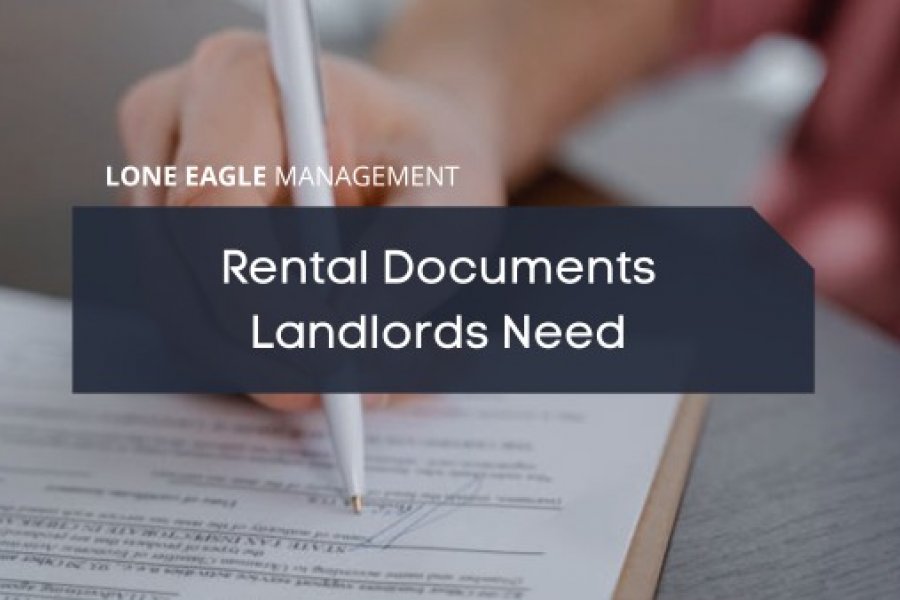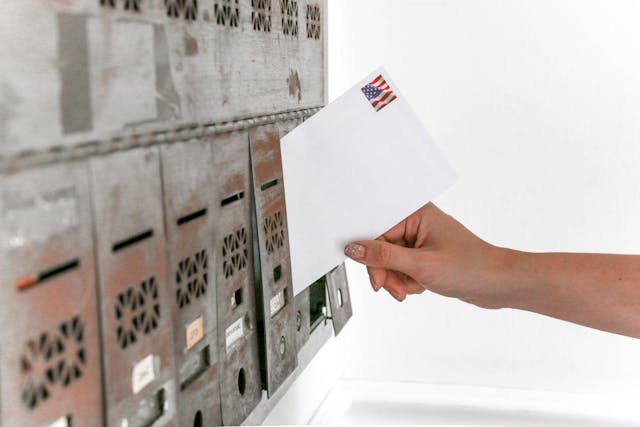
Renting out a property can be a rewarding venture, but it comes with responsibilities that require attention to detail. One of the key responsibilities of being a landlord is maintaining proper documentation.
These documents not only protect your rights but also ensure smooth communication and compliance with legal regulations. Whether you’re a seasoned landlord or just starting, having the right rental documents in place is critical for success.
Essential Rental Documents for Landlords
1. Lease Agreement
The lease agreement is the cornerstone of any landlord-tenant relationship. This legally binding document outlines the terms and conditions of the tenancy, such as rent amount, payment schedule, lease duration, security deposit details, and policies regarding pets, smoking, and property maintenance.
A comprehensive lease agreement helps avoid misunderstandings and provides legal protection for both parties.
When creating a lease agreement, ensure it complies with state and local laws. Consider including clauses for handling late payments, property damage, and termination procedures. Customizing your lease agreement to reflect your property's unique needs can prevent future disputes.
2. Rental Application Form
Before handing over the keys, landlords should screen potential tenants thoroughly. A rental application form collects essential information such as employment history, income, rental history, and references.
This document serves as a first step in verifying the suitability of a prospective tenant.

Include a consent section for conducting background and credit checks, as this ensures you have permission to verify the applicant's information. A well-structured rental application form helps you make informed decisions and minimizes the risk of renting to unreliable tenants.
3. Tenant Screening Documents
Once a prospective tenant submits a rental application, you’ll need supporting documents to complete the screening process. These may include:
- Credit reports.
- Background checks.
- Employment verification letters or pay stubs.
- Rental history verification.
These documents help landlords assess a tenant's financial stability and trustworthiness. Keeping organized records of the screening process is crucial in case questions about your decision-making arise.
4. Move-In and Move-Out Inspection Checklists
Documenting the condition of your property before and after a tenant's occupancy is essential. A move-in inspection checklist ensures the tenant acknowledges the property’s condition upon move-in, while a move-out checklist verifies its state at the end of the lease.
Take photos or videos during inspections and have the tenant sign the checklist to prevent disputes over security deposit deductions.
5. Security Deposit Receipts and Records
Landlords are often required by law to provide tenants with a receipt for their security deposit. This document should outline the amount collected, the date of payment, and the intended use of the deposit (e.g., covering damages or unpaid rent).
Additionally, maintain detailed records of how the security deposit is handled throughout the tenancy, this is also beneficial for tax time. In many states, landlords are required to provide an itemized list of deductions and return the balance within a specific time frame after the lease ends.

6. Notice Templates
Various situations may require landlords to issue formal notices to tenants. Common notice templates include:
- Notice to Pay Rent or Quit: Issued when tenants fail to pay rent on time.
- Notice of Lease Violation: Used to address breaches of lease terms, such as unauthorized pets or excessive noise.
- Notice to Vacate: Required when terminating a lease or asking tenants to leave at the end of their term.
Having these templates ready ensures you can act quickly and professionally when the need arises. Ensure your notices comply with local laws regarding timing and delivery methods.
7. Emergency Contact Form
An emergency contact form is vital for addressing urgent issues that may arise during the tenancy. This document collects information about whom to contact if the tenant is unavailable or in case of emergencies.
8. Maintenance Request Forms
A clear process for handling maintenance requests benefits both landlords and tenants. Providing tenants with a standardized form to report repairs or maintenance needs ensures all requests are documented and addressed promptly.
Maintenance request forms can also include a section for the tenant to describe the issue in detail and provide photos, if possible.
9. Eviction Documentation
If you ever need to evict a tenant, having the necessary documentation is crucial. This includes the lease agreement, notices served, and records of communication with the tenant regarding violations. Proper eviction documentation ensures you can comply with legal requirements and avoid potential complications.

The Role of Professional Property Management Companies
Managing rental properties and staying on top of all the required documentation can be overwhelming, especially for landlords with multiple properties. This is where a professional property management company can make a significant difference. Here are some of the benefits of partnering with the professionals:
- Streamlined Documentation: Property managers are experienced in handling all necessary paperwork, ensuring compliance with local laws and regulations. They keep records organized and up-to-date, saving landlords time and effort.
- Tenant Screening Expertise: Professional property managers have access to reliable tenant screening tools, reducing the risk of problematic tenants and ensuring a steady rental income.
- Efficient Maintenance Handling: Property management companies provide a structured process for addressing maintenance requests, ensuring repairs are completed promptly and professionally.
- Time Savings: With a property management company handling day-to-day tasks, landlords can focus on other priorities, whether it’s growing their portfolio or pursuing personal interests.
Partnering with a property management company not only simplifies the rental process but also enhances the overall experience for both landlords and tenants.
Bottom Line
Maintaining accurate rental documents is essential for landlords who want to protect their investments and create a seamless experience for their tenants.
From lease agreements to maintenance request forms, each document is a critical component of effective property management. Managing these documents, however, can quickly become overwhelming. That’s where Lone Eagle Management comes in.
Our professional property management services are designed to simplify and streamline your operations, ensuring all documentation is handled with precision and care.
With Lone Eagle Management by your side, you can stay organized, remain proactive, and enjoy the benefits of a successful rental business without unnecessary stress. Contact us today!